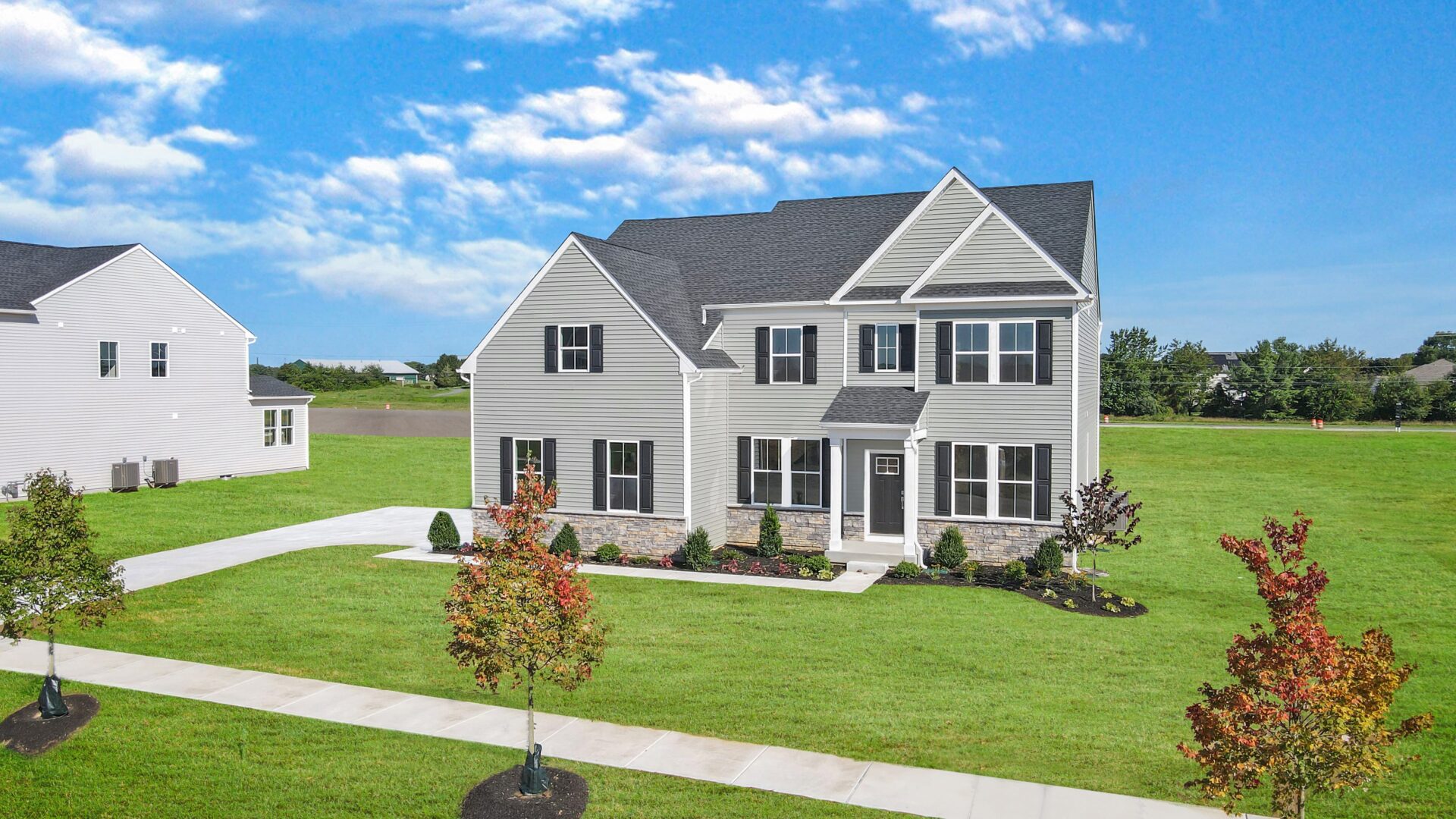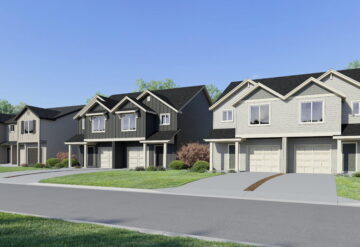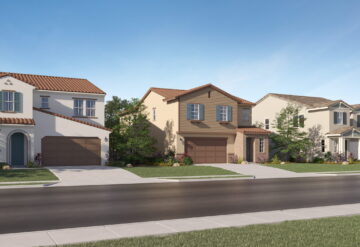Are you deciding between purchasing a new home or an older one? For many Americans, cost is one of the primary considerations when starting their homeownership journey. A home’s purchase cost, along with its monthly payment, can influence the decision to submit an offer.
Previously, you may have purchased an older home simply because it was the cheaper option. However, this may no longer be the case. In today’s economy, buying older homes might not be worth the money or hassle. An article published in the Washington Post has determined that newly built homes will likely offer better deals for home seekers.
Why were new homes more expensive in the past? Because they’re built with the latest designs, fresh materials and upgraded technology, new homes have often come with a heftier price tag. Although newly built homes typically had higher upfront costs, they also had lower maintenance costs in the first years of homeownership. Thanks to factors like new materials and appliances, residents of new homes had the assurance that they wouldn’t have to fix a leaky roof or broken pipes after moving in. While new homes still have lower maintenance costs, it’s no longer a given that they’re the pricier option.
In prior years, older homes were generally considered more budget-friendly. Due to the inevitable wear and tear that accumulates over time, old homes often require unexpected maintenance. As a result, a lower listing price was typically reflected to offset the associated repair inconveniences. These days, existing homes on the market are in short supply, which has led to higher prices. What’s causing the lack of inventory? Many have blamed high interest rates, which have led homeowners to defer selling.
Simultaneously, new homes have become cheaper for various reasons. Homebuilders have demonstrated more flexibility with pricing in comparison to homeowners who are reluctant to drop prices, basing their numbers on what neighboring homes have sold for. A private seller may hold out indefinitely until they receive an offer they approve of. In contrast, home builders often offer discounts and promotions to sell a home within a specific timeline.
The decision between purchasing a new home and an older one increasingly favors the former. Despite the historical trend of older homes being the more affordable, the current economic landscape has fundamentally transformed this paradigm. The supply of existing homes has reached a historic low, primarily due to homeowners’ reluctance to sell in the face of high interest rates and the desire to maintain low-rate mortgages. This scarcity has driven up the prices of older homes, making them less financially attractive. In today’s market, newly built homes offer lower maintenance costs and modern amenities and represent a more prudent financial investment for prospective homeowners.
To explore a variety of beautiful new homes for sale, visit www.lennar.com today.




